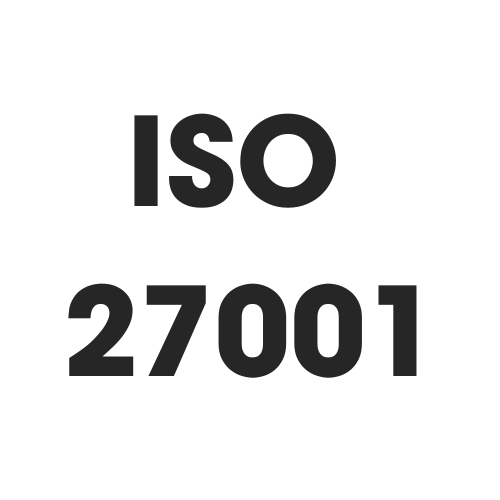EQL partners with University of Warwick’s Institute of Digital Health at the WMG
We talk to Associate Professor, Dr Mark Elliott, about his academic research partnership with EQL.
Academic research to validate the technology and clinical methods used by EQL
EQL is pleased to announce they are working with Dr Mark Elliott, Associate Professor at the Institute of Digital Healthcare, WMG at the University of Warwick, to evidence the benefits of the company’s state-of-the-art digital health tech.
Dr Elliott was awarded funding for a two-year, part-time secondment with EQL through the UKRI Innovation Scholars: Biomedical Sciences scheme which aims to intensify knowledge exchange between industry and academia. The scheme is funded by the Medical Research Council (MRC).
Mark started his new role on 1 June with EQL. He said: “I’m looking forward to being embedded within the company side at EQL. I’ve worked with companies before, but always on the academic side, so I think this will really give me an insight into a fast-growing health-tech company and how they operate.
“The idea was to be able to support EQL in evaluating and validating their platforms using rigorous research methods, whilst also gaining knowledge of the state-of-the-art technologies that EQL use to support people with their musculoskeletal health.”
The pursuit of knowledge in human movement
Mark worked for three years as a design engineer in the telecoms industry before completing his PhD at Aston University, developing intelligent systems to discriminate between different walking patterns. Prior to moving to Warwick University, he was a research fellow in the Sensory Motor Neuroscience lab at the University of Birmingham.
He is now an Associate Professor in the Institute of Digital Healthcare (IDH), which carries out rigorous multi-disciplinary research, development and evaluation to improve the quality, safety, accessibility and productivity of digital healthcare solutions for the public, patients and professionals.
Mark’s core research focuses on human movement analytics, using signal processing and data science approaches to monitor, measure and model movement in a range of different contexts.
He was first introduced to EQL as a member of the ITU/WHO Focus Group on artificial intelligence for health (FG-AI4H), which is working to establish a standardised assessment framework for the evaluation of AI-based methods for health, diagnosis, triage or treatment decisions.
Mark will use his research expertise to help evaluate and validate the technologies and clinical methods used by EQL.
“A lot of digital health platforms are still developing and so they can only use small samples for the research, but EQL has got a substantial user base already. We’ve got an option to use a big sample and really look at the impact of the platform on patient outcomes.”

“A lot of digital health platforms are still developing and so they can only use small samples for the research, but EQL has got a substantial user base already. We’ve got an option to use a big sample and really look at the impact of the platform on patient outcomes.”
Empowering the MSK patient with digital health solutions
Mark’s role is to undertake research into how digital applications of technology can augment MSK pathways. The focus will be on implementing remote management and digital health platforms that could incorporate a number of technologies such as chatbots. He will initially work in the R&D team alongside Kate Ryan, to investigate methods to collect clinical information through smartphone applications as well as explore other novel uses of consumer-grade technology.
Mark is particularly interested in the self-management of physiotherapy, highlighting it as one of the big challenges in healthcare at the moment, particularly given the focus on Covid-19, which has inevitably meant there are now fewer resources to support people to see a physiotherapist or to get surgery.
“I think on the research side it’s really useful to understand how people can use digital platforms — how they engage with them and for how long, whether they find it useful and whether it improves the long-term outcomes of patients,” he said.
Mark’s secondment will provide the perfect opportunity to undertake rigorous, academically supported research to inform Phio’s roadmap and ensure best-in-class evidenced benefits for users in MSK health.
About The Institute of Digital Healthcare
The Institute of Digital Healthcare (IDH) sits within the International Digital Laboratory on the Central Campus of the University of Warwick. The Institute’s objective is to improve the quality, safety, accessibility and productivity of healthcare by supporting the implementation of digital solutions for the public, patients and professionals, underpinned by rigorous multi-disciplinary research, development and evaluation. It's model of research-led innovation in healthcare entails identifying relevant theories, selecting appropriate technologies and developing new solutions where necessary. Each solution then needs rigorous evaluation for safety, effectiveness and cost implications before promotion to healthcare systems.
For more information, visit warwick.ac.uk and search for IDH.

.png)











.png)




.png)